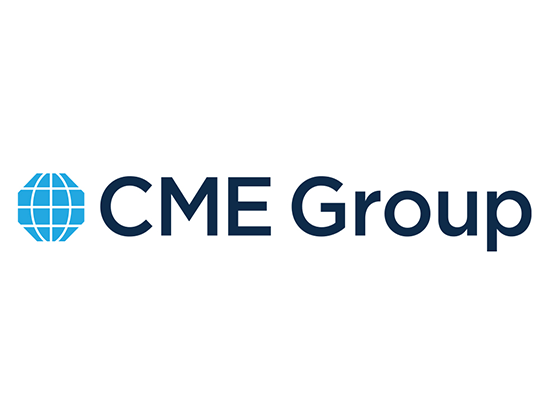This article outlines why hybrid cloud architecture is a prudent choice for financial trading organisations.
Geographical importance
Geographical location is particularly crucial in the financial markets.
Businesses need to be ‘in’ the major trading venues to achieve the lowest latency possible on their trading apps.
Hybrid cloud architecture enhances performance by locating networks close together, juxtaposing private and public cloud environments so information transfers immediately and securely between them.
Given the highly regulated nature of the financial markets, organisations need to demonstrate where their data resides.
Operating a private cloud environment within the financial hub gives organisations an actual postcode address for their data storage within the data centre.
Cloud migration strategies
As financial institutions’ cloud requirements differ, and the migration to ‘cloud first’ environments moves at vastly different paces across the industry, hybrid cloud architecture offers a strategic and flexible approach to digital transformation.
For example, businesses can continue to operate their existing legacy workloads on-premise, while utilising a private or public cloud environment for new workloads.
This can be a useful step in migrating legacy environments.
Security and performance
Hybrid cloud Infrastructure as a Service (IaaS) delivers the best of both worlds when it comes to security and performance.
Private cloud technology that connects directly to public cloud providers, bypassing the internet, means that organisations’ ‘crown jewels’ of financial trading are completely secure, yet shared resources can be harnessed to improve compute where required.
Financial applications, trade and market data are kept on the private cloud, whilst information processing can take place on the public cloud without the data having to leave the private cloud.
Flexibility and agility
Hybrid cloud allows for increased flexibility as processes can be moved dynamically across environments according to cost, performance and security needs.
From a user’s perspective they are interfacing with a single environment, while the hybrid architecture underpinning it all is knitting multiple environments together.
Cost effectiveness
IT costs can be saved by taking advantage of shared cloud resources rather than investing in further proprietary capacity.
Also, Infrastructure as a Service subscription models associated with hybrid cloud provision can help to transform CapEx spend into OpEx.
Support and monitoring
Hybrid cloud IaaS and Analytics as a Service (AaaS) introduces the capability to monitor the entire network environment under one umbrella.
For extremely complex environments operating multiple cross-connects and mission critical trading applications 24/7 support 365 days a year via a single infrastructure provider enables organisations to focus on what they do best, knowing the underlying network is in safe hands.
Beeks’ offering
As specialists in the technical infrastructure underpinning capital markets trading Beeks Group is highly experienced and knowledgeable about all the different permutations of hybrid cloud capabilities, and how far these are suitable for the needs of financial institutions.
We offer secure, high-performance, guaranteed hybrid cloud infrastructure all around the globe, and can accommodate exclusive, single-tenant security requirements, as well as replication of hosting.
Whilst Beeks recognises the cost-effective value of public cloud shared resources offering businesses cost-effective services, we also recommend a ‘horses for courses’ approach. This means ensuring that our customers align the importance of their workload with the relevant solution.
The flexibility of hybrid cloud architecture offers choice without compromising security, privacy or performance.
| hello@beeksgroup.com

